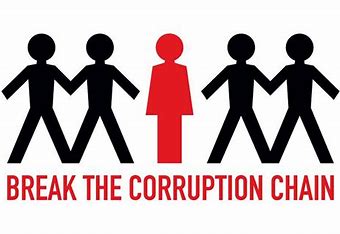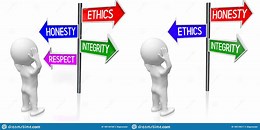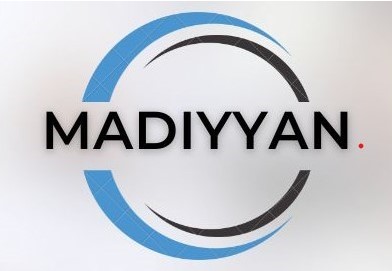Table of contents
(Corruption-Free Society) Strategies for Effective Elimination of Corruption.
Strengthening Legal Frameworks:
Implement robust laws and regulations that explicitly criminalize corruption, bribery, and related offenses. Ensure these laws are effectively enforced and impose severe penalties for those found guilty.

Promoting Transparency and Accountability:
Encourage transparency in public administration and financial systems. Implement mechanisms such as asset declarations for public officials, open procurement processes, and public access to information. Strengthen auditing and oversight institutions to ensure accountability.

Empowering Anti-Corruption Agencies:
Establish specialized anti-corruption agencies with sufficient resources, independence, and investigative powers to effectively tackle corruption. Provide them with the authority to prosecute corrupt individuals without political interference.
Encouraging Whistleblower Protection: Establish mechanisms to protect and incentivize whistleblowers who expose corruption. Ensure their safety, confidentiality, and legal protection to encourage reporting of corrupt practices.

Promoting Ethics and Integrity:
Foster a culture of ethics, integrity, and values-based leadership. Promote ethical behavior in both public and private sectors through awareness campaigns, training programs, and the inclusion of integrity education in schools and universities.

Enhancing Public Participation:
Promote citizen engagement and participation in decision-making processes. Create platforms for public input, feedback, and oversight to increase transparency and hold public officials accountable.

Implementing Digital Solutions:
Leverage technology to automate processes and reduce human intervention, minimizing opportunities for corruption. Implement e-governance initiatives, digital payments, and online platforms for public service delivery to reduce the scope for bribery and corruption.

Strengthening International Cooperation:
Collaborate with international organizations, governments, and civil society groups to share best practices, exchange information, and enhance cross-border cooperation in combating corruption.
Fostering a Culture of Integrity:
Promote ethical leadership and values-based education to instill a sense of integrity and responsibility from an early age. Encourage ethical practices in businesses, organizations, and society as a whole.
Ensuring Judicial Independence:
Uphold the independence and integrity of the judiciary to ensure fair and impartial adjudication of corruption cases. Strengthen the capacity and resources of the judiciary to expedite corruption trials.

